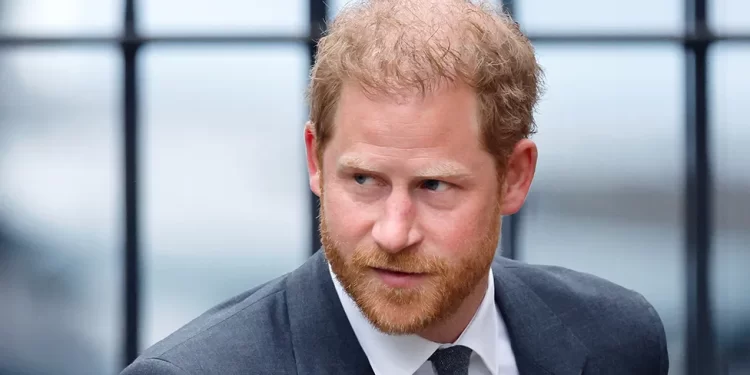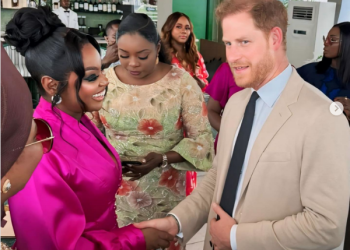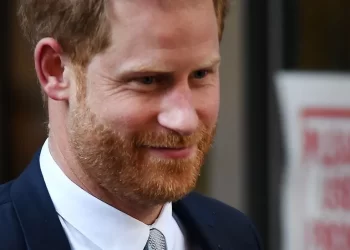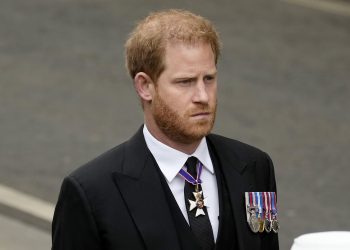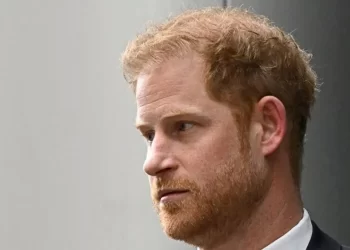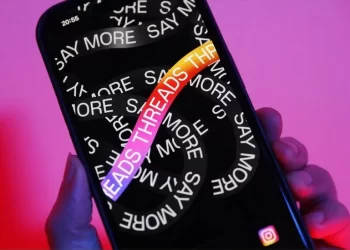Prince Harry has won 15 claims in his case accusing Mirror Group Newspapers of unlawfully gathering information for stories published about him.
A judge has ruled in his favour on almost half of the sample of 33 stories used in his claims of phone hacking and other methods.
A High Court ruling found evidence of “widespread and habitual” use of phone hacking at the Mirror newspapers.
Prince Harry described it as a “great day for truth” and accountability.
He was awarded £140,600 in damages and in a statement read out on the Duke of Sussex’s behalf outside the High Court, his lawyer David Sherborne called the ruling “vindicating and affirming”.
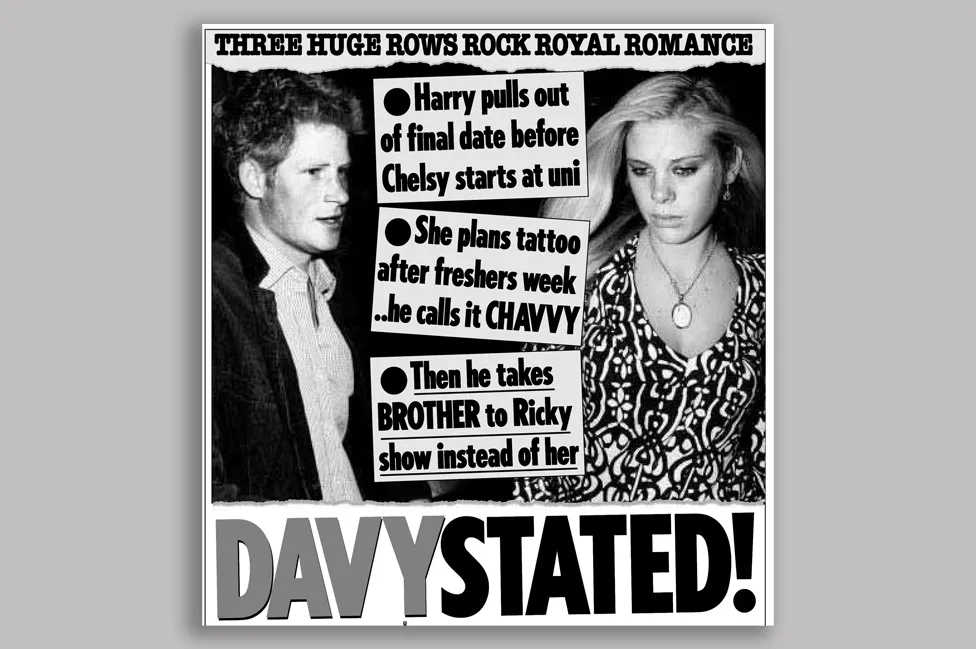
“This case is not just about hacking – it is about a systemic practice of unlawful and appalling behaviour, followed by cover ups and destruction of evidence, the shocking scale of which can only be revealed through these proceedings,” he said.
“I’ve been told that slaying dragons will get you burned. But in light of today’s victory and the importance of doing what is needed for a free and honest press – it’s a worthwhile price to pay,” Prince Harry’s statement said.
He also called on the police and prosecuting authorities to “investigate bringing charges against the company and those who have broken the law”.
The stakes have also been high for the Mirror newspapers – the Daily Mirror, Sunday Mirror and People – with estimates that £100m has already been spent on damages and legal costs over previous hacking cases.
Mr Justice Fancourt ruled that unlawful information gathering had been “widespread” at all three of the Mirror titles and had become “habitual”.
Among the headlines of articles on which Prince Harry won his claims was “Harry is a Chelsy fan” – about his relationship with Chelsy Davy – and “Davy stated” about the couple arguing.
Prince Harry has complained about his personal relationships being targeted and he also won his claim over the story “Harry’s date with Gladiators star”, which was about him visiting television presenter Caroline Flack.
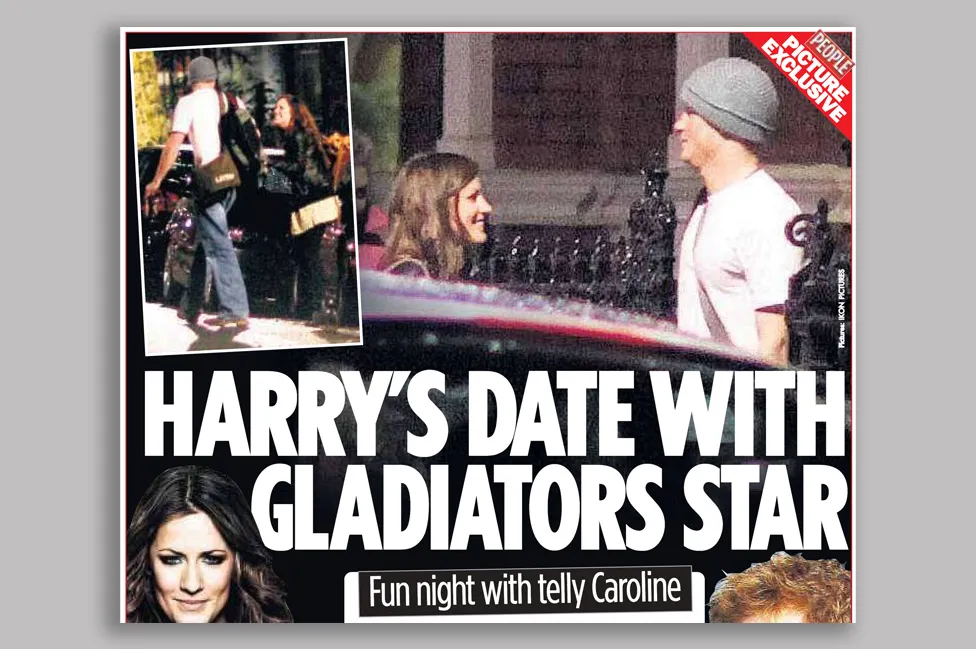
In response a Mirror Group Newspapers spokeswoman said it welcomed the judgement which gave the business “clarity to move forward from events that took place many years ago”.
“Where historical wrongdoing took place, we apologise unreservedly, have taken full responsibility and paid appropriate compensation,” she said.
The landmark ruling follows Prince Harry’s appearance at the High Court in June, where he became the first senior royal of modern times to give such extensive evidence in court in person.
Over two days, he was grilled about his claims that the group’s newspapers had published many stories about him, over several years, based on phone hacking and other unlawful ways of obtaining information.
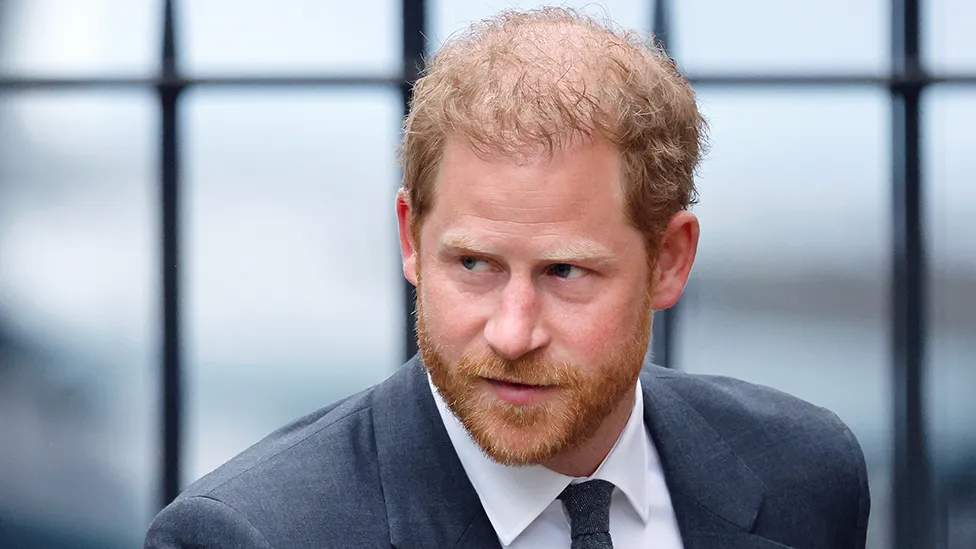
In his findings, Mr Justice Fancourt concluded that Prince Harry had faced phone hacking – although to “a modest extent” – and other forms of dishonest gathering of information.
Prince Harry had told the court a sustained breach of his privacy had undermined his relationships, such as with ex-girlfriend Chelsy Davy, and he had faced “intrusion and hate”.
“For my whole life, the press has misled me and covered up the wrongdoing,” he said.
The Mirror Group’s lawyers had called the allegations “wildly overstated”, unsuccessfully arguing that the prince’s evidence had failed to definitively prove a single example of being hacked.
Damages have been awarded – but this has been about much more than the money, with the prince wanting his day in court to prove his allegations of phone hacking and other dishonest intrusions, which he has blamed for much anxiety and disruption in his life.
Prince Harry’s success could open the door to dozens of others said to be considering claims.
Although two people who brought claims alongside Prince Harry – Nikki Sanderson and Fiona Wightman – were ruled out of time.
The judge’s ruling said that the newspaper group’s board “as a whole” did not know about the use of phone hacking, but he believed former chief executive officer Sly Bailey and former group legal director Paul Vickers were aware.
Mr Justice Fancourt also ruled that he accepted the evidence of journalist Omid Scobie, who gave evidence that then-Daily Mirror editor Piers Morgan had been told about a use of phone hacking relating to Kylie Minogue.
But Mr Morgan robustly rejected the claims made in court as being made by people with an “axe to grind”, labelling Prince Harry as “hypocritical” in his privacy battle when he had “trashed his family in public”.
Mr Morgan denied any knowledge of the hacking claims: “I’ve never hacked a phone or told anybody else to hack a phone.”
Prince Harry’s claim against Mirror Group is one of several legal battles he is fighting against newspaper groups, including Associated Newspapers and News Group Newspapers.
He has had many procedural legal skirmishes and claims and counter-claims – but this was the most significant ruling so far, with a judge reaching a decision after a full trial.
In a statement, the Metropolitan Police said it would “carefully consider the civil judgment handed down today at the High Court. There is no ongoing investigation.”






